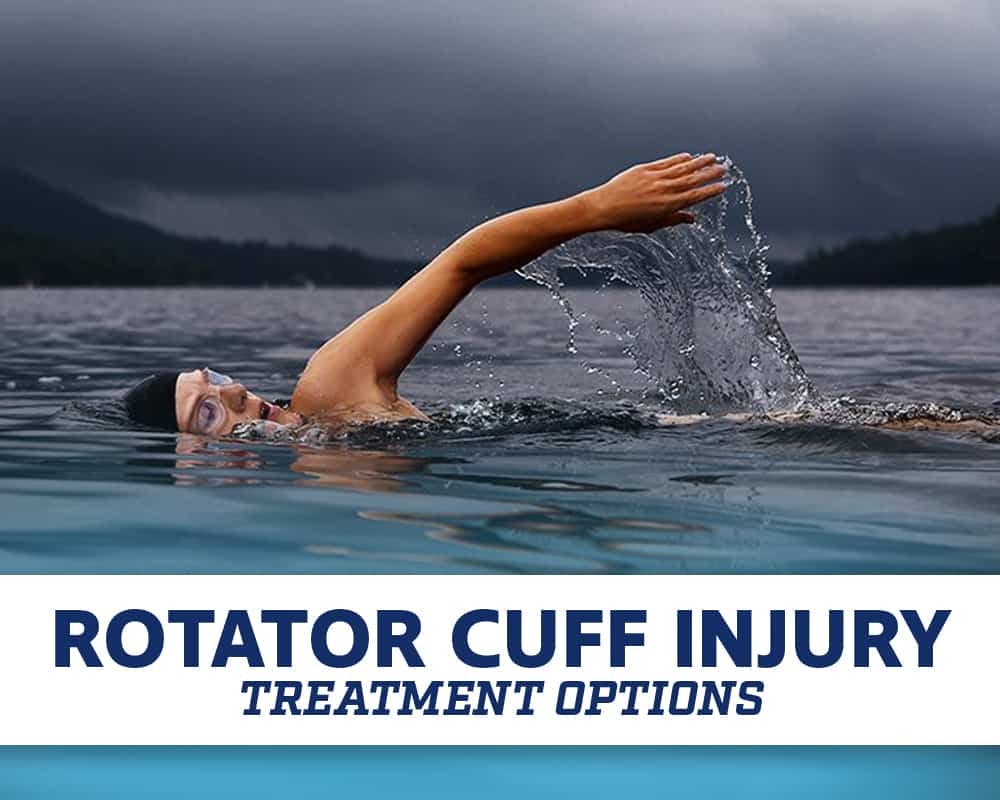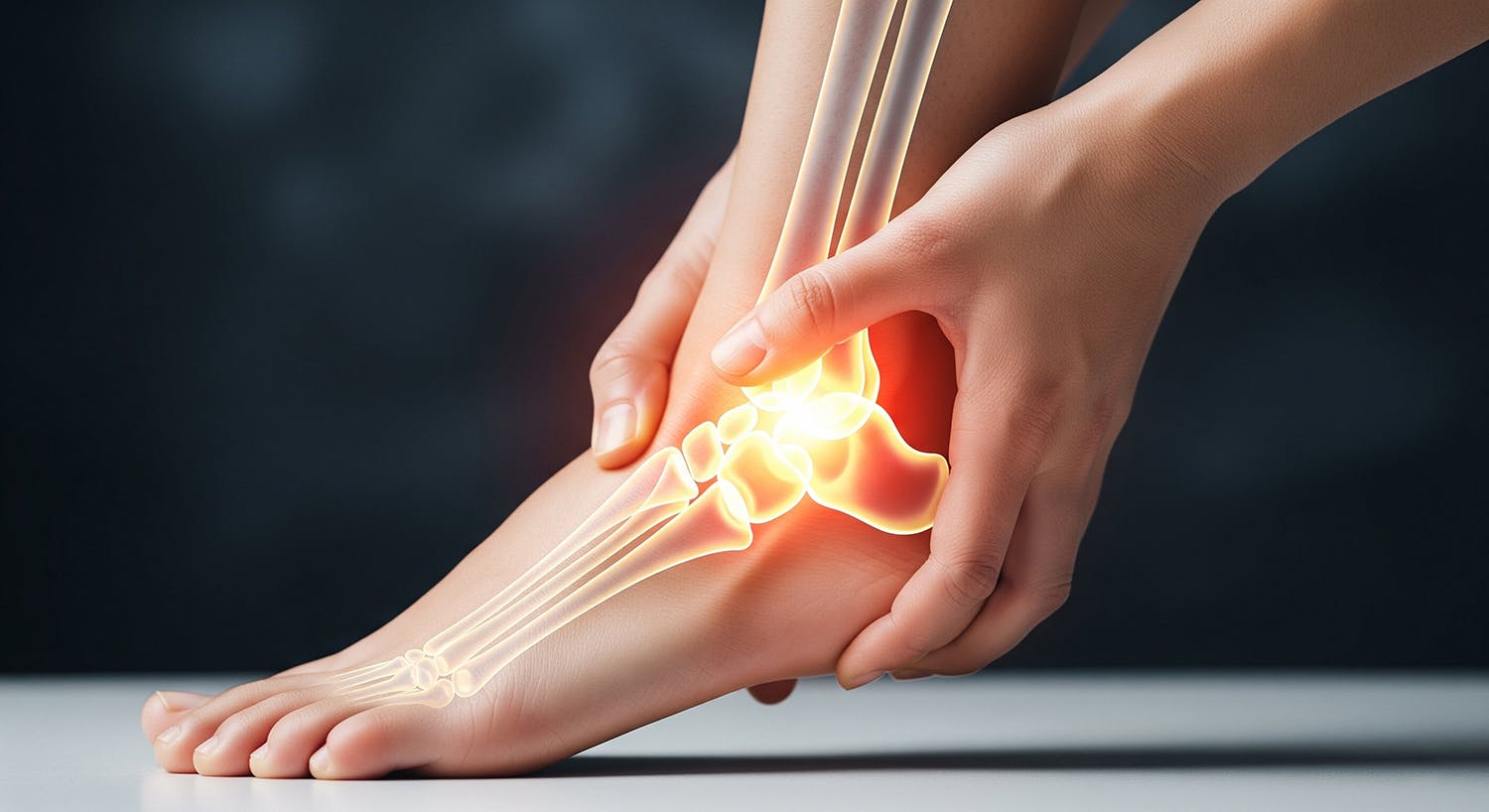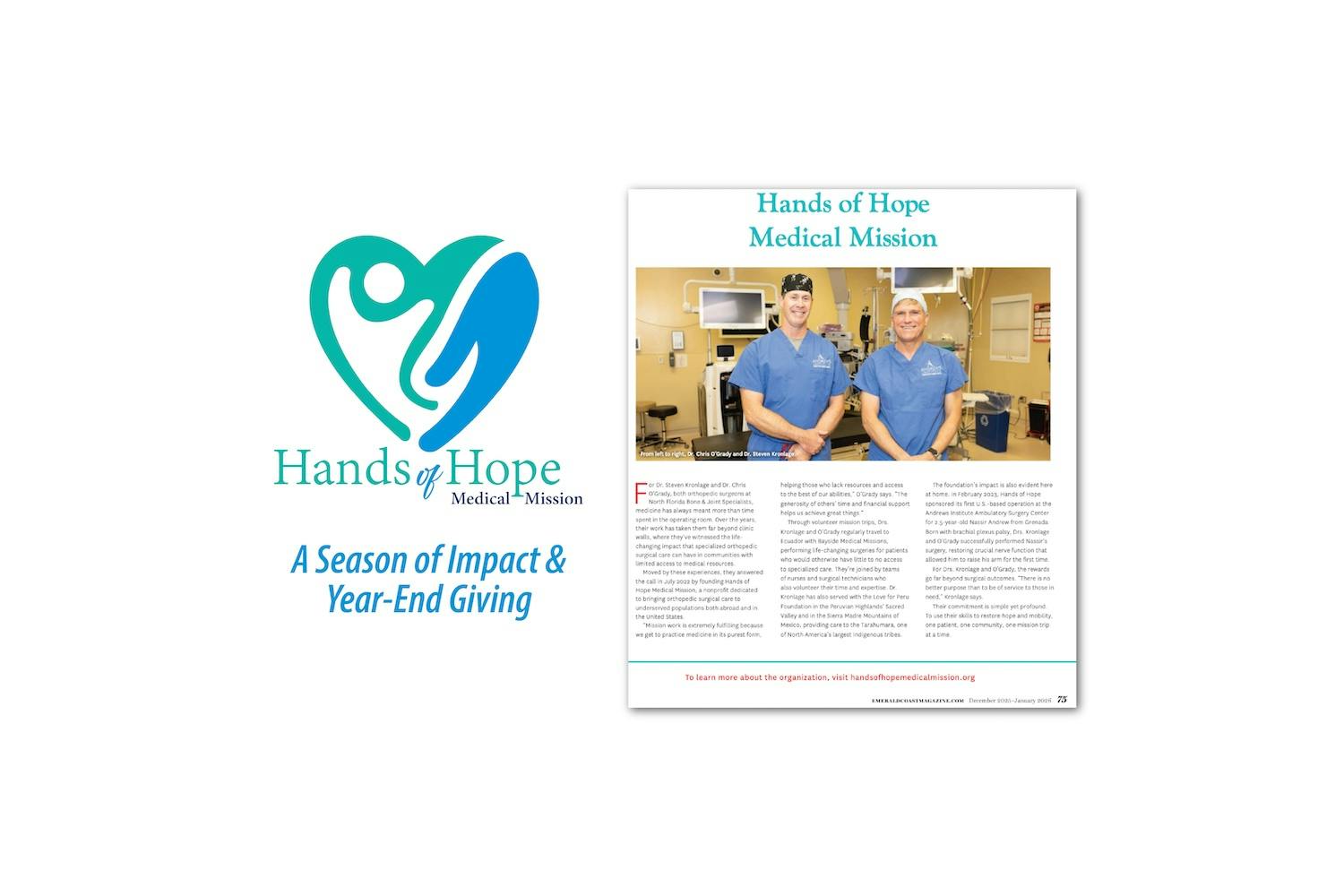- Blog
Rotator Cuff Injury Treatment Options
Posted on 03-03-2026 in Shoulder by Dr. Chris O'Grady

Posted on 03-03-2026 in Shoulder by Dr. Chris O'Grady
Rotator cuff injuries are a very common cause of pain and disability. In 2008, nearlytwo million Americanssought medical treatment for problems with their rotator cuffs. The rotator cuff is made up of four muscles in the shoulder, and these muscles provide stability and flexibility for the shoulder joint. When any of these muscles are injured, the result is weakness in the shoulder, reduced mobility, and significant pain.Signs of a rotator cuff injury include:
Treatment Options
There are both surgical and non-surgical treatment options available for repairing a damaged rotator cuff. After performing a comprehensive physical examination and assessing the results of imaging tests, such as X-rays and MRI scans, you and your orthopaedic surgeon will discuss and determine the best treatment option for you.Non-SurgicalThe majority of the people who are diagnosed with a rotator cuff injury do not require surgical treatment. Nonsurgical treatments can be highly effective for relieving pain and improving the function of the shoulder. Nonsurgical treatment options for a rotator cuff injury may include:
Surgical
Arthroscopic surgery is the most common surgical treatment for repairing a damaged rotator cuff. This type of surgery is minimally invasive, is less painful, and allows for quicker recovery. Your orthopaedic surgeon may recommend arthroscopic surgery for the following reasons:

If you’ve ever sprained your ankle and thought, “this isn’t a big deal…it’s a minor injury,” you’re not alone. Ankle sprains are among the most common musculoskeletal injuries, especially in active adults and athletes. However, for some patients, what begins as a simple sprain becomes a frustrating cycle in which the ankle feels weak, unstable, and prone to “rolling” again and again. Understanding why this happens is the first step toward breaking the cycle and restoring long-term stability.

February is American Heart Month, a time to raise awareness about cardiovascular health and its far-reaching effects. While most people recognize the importance of heart health for longevity and disease prevention, fewer realize its critical role in musculoskeletal well-being. At North Florida Bone & Joint Specialists, we emphasize a comprehensive approach to orthopaedic care, recognizing that a strong heart supports strong bones and joints.

North Florida Bone & Joint Specialists is honored to share the Hands of Hope Medical Mission feature in the newly released December 2025/January 2026 issue of Emerald Coast Magazine. As part of the Medical Profiles section of this edition, the article highlights how two of our own, Dr. Steven Kronlage and Dr. Chris O'Grady, volunteer their time and talents to bring compassionate orthopaedic care to communities with limited access to medical services.